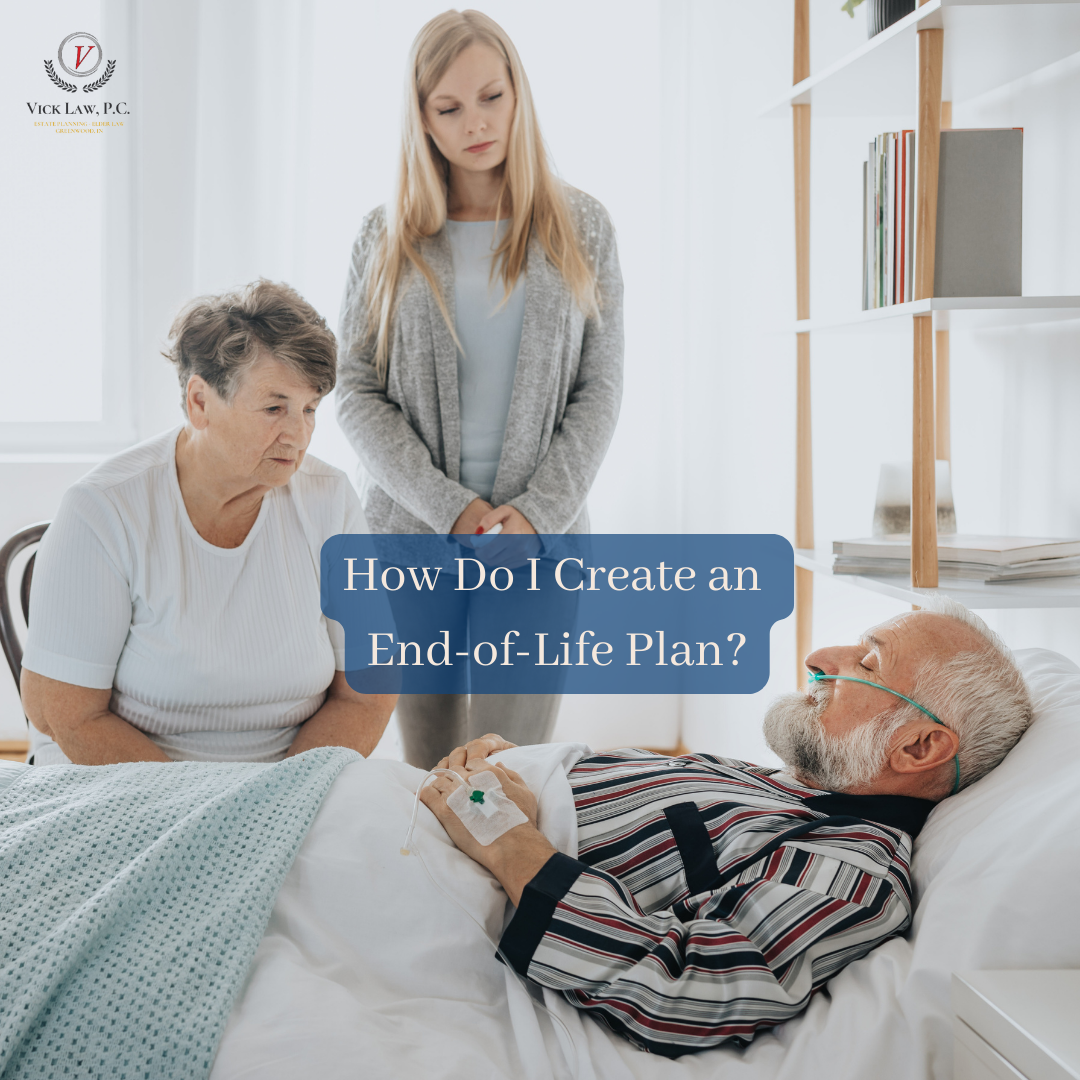Making End-of-Life Planning Less Stressful: A Guide for Families
End-of-life planning is a crucial yet often overlooked aspect of ensuring peace of mind for both individuals and their families. According to an insightful article from The New York Times, “How to Make End-of-Life Planning Less Stressful,” facilitating these discussions in a warm, supportive environment can make all the difference. One family found that a gathering with pizza and chocolate cake helped ease the conversation, revealing wishes they never knew.
Why End-of-Life Planning Matters
Understanding your loved ones' end-of-life wishes is essential. It helps avoid stress and confusion during emotionally challenging times. For instance, one reporter discovered her parents didn’t want a memorial service because they disliked large gatherings. Another family member wanted her service at Starbucks. Even light-hearted suggestions, like having cremated remains pressed into a vinyl record, surfaced during their discussion.
Starting the Conversation
- Organize a Family Meeting: First, ask family members if they’re open to a family meeting and set a date. While Zoom is an option, in-person meetings are preferable if possible.
- Introduce the Topic: Bring up a news story about dementia to highlight the importance of these discussions. If you’re the older family member, explain that you’re organizing your affairs to reduce future stress for your loved ones.
- Prepare Documents: Create a document for the family to review, including a checklist of topics and prompts. Essential topics include naming a health care proxy and outlining directives for a living will.
Legal Considerations
After discussing and deciding on health care proxies and directives, consult an estate planning attorney to make these decisions legally binding. Your attorney can prepare a Durable Power of Attorney for Health Care, which should be distributed to loved ones and your doctor.
Exploring Life Goals
Don’t forget to discuss what your aging loved ones want to achieve in their remaining years. Ask questions like, “What is undone in your life?” You might discover dreams like visiting an ancestral village or seeing the Northern Lights. Determine how you can support these goals, whether it's traveling with them or facilitating their journey.
Ongoing Conversations
End-of-life planning discussions shouldn’t end after one meeting. Regular “check-in” conversations throughout the year can foster ongoing communication and address other issues, such as making homes more accessible for aging loved ones.
Creating a Will
Ensure your aging parents have a last will and testament. If they don’t, share your estate planning attorney’s contact information. If no one in the family has an estate plan, these conversations can prioritize this critical task.
Conclusion
End-of-life planning is about more than just legal documents; it’s about ensuring your loved ones' wishes are honored and reducing stress during difficult times. At Vick Law, P.C., we understand the importance of these conversations and are here to help. Contact us today to start planning for your future and ensuring peace of mind for your family.
Reference: The New York Times (March 8, 2024) “How to Make End-of-Life Planning Less Stressful”


